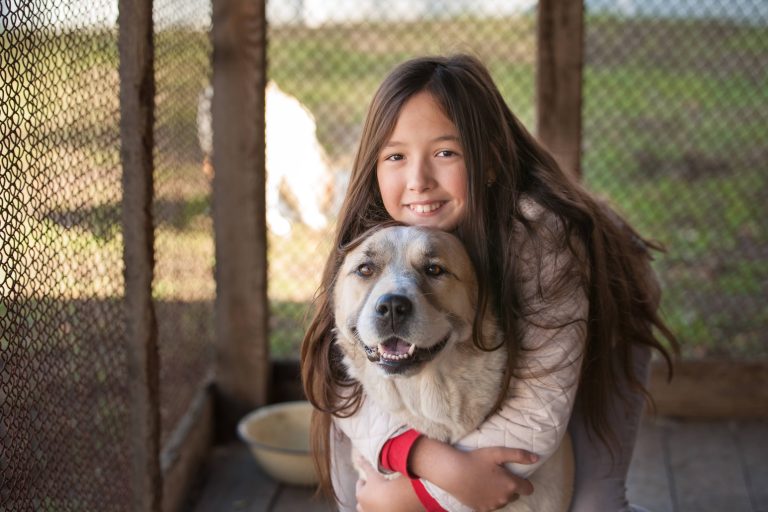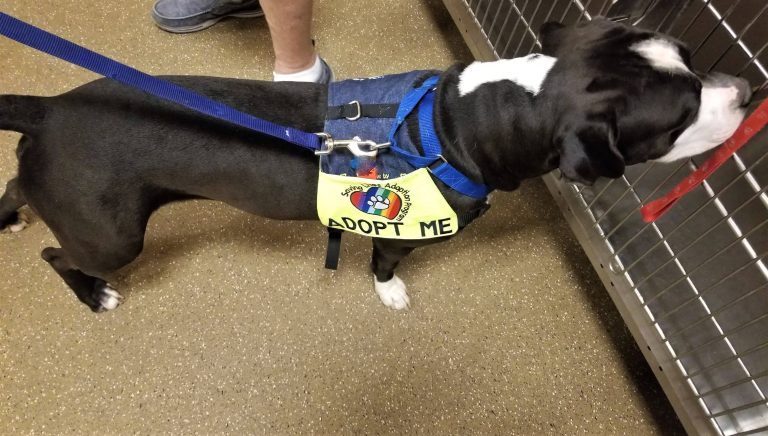Handling Unexpected Health Issues in Adopted Pets

Adopting a pet can be one of the most rewarding experiences in life. Opening your home and heart to a furry friend in need is a joyous commitment. However, pet adoption comes with its share of responsibilities, not least of which is handling unexpected health issues. Unlike purchased pets from breeders, adopted pets, particularly those from shelters, may come with a history of neglect or medical conditions that need attention. Here’s a comprehensive guide to help you navigate the often challenging terrain of handling unexpected health issues in adopted pets.
Understanding the Importance of a Vet Check-Up Immediately After Adoption
The first and most crucial step upon adopting a pet is to arrange a thorough veterinary check-up. Shelters typically perform initial health screenings, but these can vary in thoroughness due to resources and time constraints. An independent vet exam can reveal underlying conditions that may not be immediately apparent.
Tests and Screenings to Consider:
1. General Health Check: This includes physical examinations to assess the overall health of the pet.
2. Blood Work: Basic blood tests can uncover issues like anemia, infections, or kidney and liver function anomalies.
3. Parasite Screening: External and internal parasites are common in shelter animals.
4. Vaccination Verification: Ensure the pet is up-to-date on all necessary vaccinations, or start a vaccination schedule as advised by your vet.
5. Specialized Tests: Depending on the pet’s breed, age, and history, additional tests like X-rays, ultrasounds, or breed-specific genetic testing might be advisable.
Preparing for Common Health Issues
Certain health problems are more prevalent among adopted pets, particularly those from shelters:
Upper Respiratory Infections
Common in cats, signs include sneezing, nasal discharge, and lethargy. These can often be treated with antibiotics and supportive care.
Digestive Problems
Shelter stress and diet changes can cause diarrhea or vomiting. Diet adjustment and probiotics usually help, but persistent issues need vet attention.
Skin Problems
Conditions like mange, allergies, or fungal infections require treatment ranging from medicated shampoos to long-term medication.
Dental Disease
Bad breath, difficulty eating, or visible tartar suggests dental issues. Professional cleaning and home care can improve dental health significantly.
Dealing with Chronic Conditions
Dogs and cats from shelters may have chronic conditions like diabetes, arthritis, or heart issues. Adjusting to the requirements of these conditions can be challenging but manageable.
1. Diabetes: Requires regular insulin shots and careful diet management.
2. Arthritis: Supplements, medications, and specific exercise routines can help alleviate pain.
3. Cardiac Issues: Medication, diet alteration, and monitoring are essential.
Creating a Health Management Plan
Once you understand your pet’s health status, it’s time to set up a comprehensive management plan. This plan involves regular veterinary care, a balanced diet, and proper exercise. Regular check-ups and preventive care can catch potential problems early.
Nutrition
A balanced diet can prevent numerous health problems. Discuss your pet’s specific nutritional needs with your vet. Premium pet foods might seem expensive, but they often provide better health benefits than cheaper brands.
Exercise
Regular physical activity is essential for maintaining a healthy weight and good mental condition. Tailor exercise routines to suit your pet’s age, breed, and health condition.
Regular Vet Visits
Regular check-ups allow for early detection of issues. For pets with ongoing health concerns, more frequent visits may be necessary.
Emotional and Behavioral Health
Unexpected health issues can be stressful for both you and your pet. Anxiety and behavioral problems often accompany physical ailments, particularly in pets with a history of trauma or neglect. Be patient and consider working with a veterinary behaviorist if needed.
Trust Building
Creating a trust-filled environment is essential. Use positive reinforcement techniques, provide a safe and comfortable space, and be understanding of your pet’s needs.
Training and Socialization
Proper training and slow socialization can help mitigate behavioral issues. These practices promote better mental health and strengthen your bond with your pet.
Financial Planning for Pet Health
Veterinary care can be expensive, particularly for chronic conditions or emergencies. Just as you would plan for your medical expenses, it’s crucial to budget for your pet’s health care.
1. Pet Insurance: Research different pet insurance plans that can cover accidents, illnesses, and preventive care.
2. Emergency Fund: Set aside a specific amount monthly for unexpected vet bills.
3. Discount Clinics: Some communities offer low-cost veterinary services. Check local shelters or humane societies for recommendations.
Conclusion
Adopting a pet is a long-term commitment that requires love, patience, and vigilance. Handling unexpected health issues can be daunting, but with thorough veterinary care, proper management, and financial preparation, you can ensure that your furry friend leads a healthy, happy life. Remember, the love and companionship that an adopted pet brings into your life are immeasurable, and taking care of their health is a rewarding part of that journey. So stay proactive, enjoy every moment, and cherish the bond with your new best friend.





